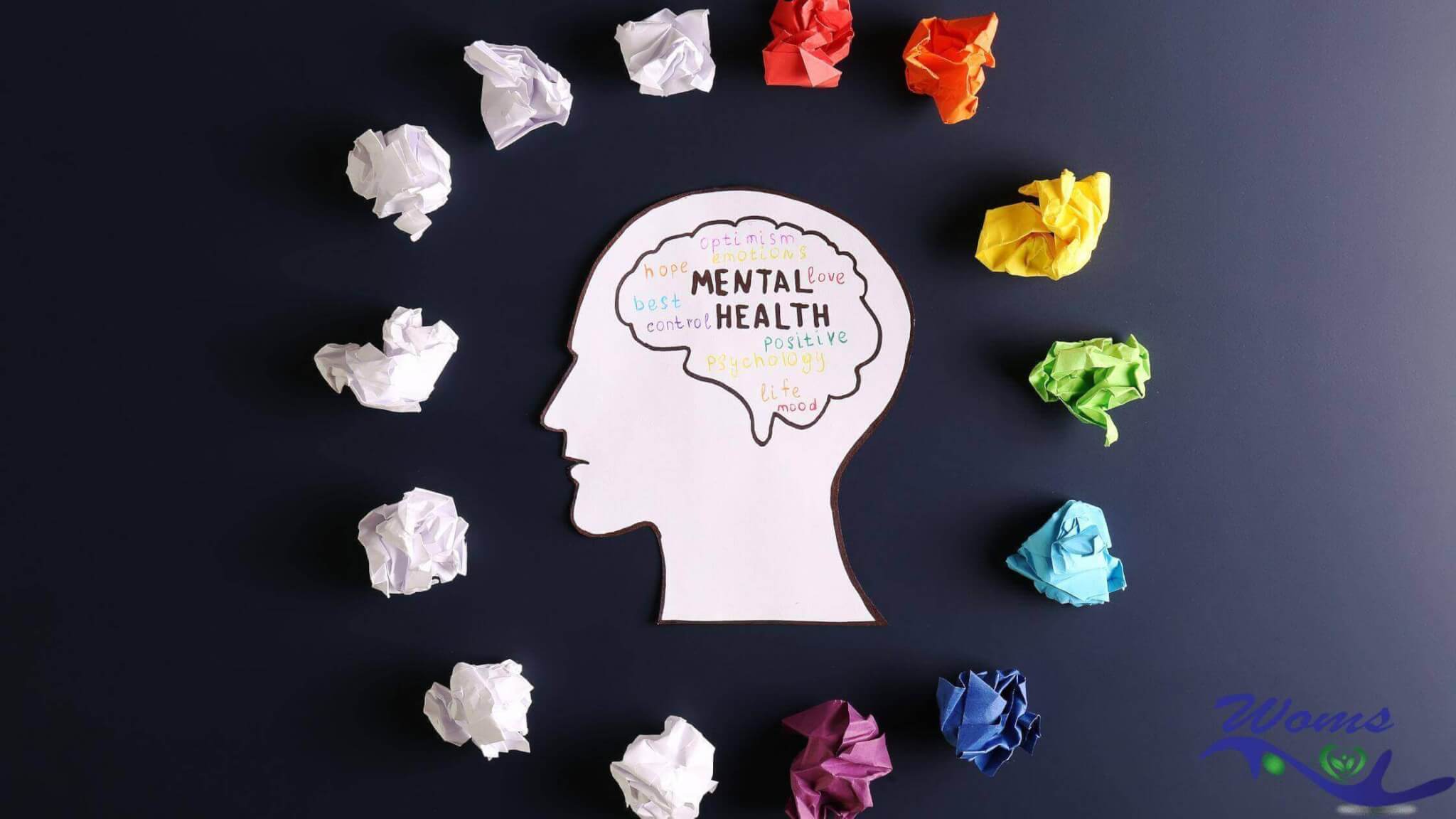5 creative therapies for Treating Psychological Maladies

Depression is a mental health problem that results in feelings of hopelessness, emptiness, and sadness in patients who suffer from the disorder. According to WHO, globally over 264 million individuals from different age groups suffer from a mental disorders.
The organization also pointed out that depression causes people to suicide and is one of the major causes of disability across the globe. This is primarily why mental health counselors worldwide are using varied therapeutic procedures to treat patients with depression and other mental illnesses. Here, discover 5 creative therapies that are effective in treating psychological maladies.
Art Therapy
According to the American Art Therapy Association, therapies such as drawing, coloring, painting, collage and sculpting is a profession where therapists use creative art-making for improving and enhancing the mental, emotional and physical health of people from different age groups. Thus, as depressed individuals create or prepare art, they are able to analyze their creation and understand how it impacts them.
Through art, affected individuals can search for themes as well as conflicts that could be affecting their emotions, behaviors and thoughts. Put simply, art therapy helps people to express themselves artistically that further enables them to solve conflicts, improve their self-esteem, gain self-awareness, manage stress and behavior as well as develop interpersonal skills. This type of therapy is increasingly being used in hospitals, clinics, wellness centers, communities and even private and educational institutions.
Dance or Movement Therapy
Another extremely popular creative therapy that is being used for treating patients with depression is dance therapy. It is essentially psychotherapeutic usage of movement for improving the cognitive, emotional, physical and social wellbeing of a person. Thus dance or movement therapists make use of expressive, communicative as well as adaptive behaviors for treating individuals or groups of people suffering from depression.
They focus on adapting the right approach to meet the personal or individual needs of individuals and groups. This form of therapy is being provided at numerous mental health settings, educational centers, medical institutions, daycare facilities, nursing homes and even private practices.
Drama Therapy
Drama therapy makes intentional usage of theater or drama processes for achieving desired therapeutic goals. In drama therapy, the therapists encourage people to share their stories, create goals and express their feelings to solve their mental health problems.
Thus, drama therapists incorporate theater games, storytelling and enactment based on the depressed individual’s specific needs, abilities and interests. This unique form of depression therapy is being practiced in hospitals, schools, nursing homes and even private facilities.
Music therapy
Music therapy is evidence-based and clinically proved procedure wherein music is used for accomplishing individualized goals in addition to therapeutic treatment. It is used for treating a number of mental and physical health conditions. In fact, it is also effective in addressing symptoms of chronic health disorders such as autism spectrum disease, Alzheimer’s, neurological disorders, depression, dementia, cognitive problems, mood disorders, anxiety, ADHD and other learning disabilities.
Music therapists utilize music for addressing the psychological or emotional problems of depressed individuals alongside their physical, social, and cognitive needs. It commences with an extensive assessment of the patient’s condition that further helps to identify their strengths as well as areas of requirement.
Once the assessment has been carried out, a music therapist turns to music for providing therapeutic treatment and process. They tailor their treatment plan to match the requirements of the patient, thereby helping them to overcome their depression and mental illness.
Writing Therapy
This particular therapy is commonly used for treating teenagers with depression and mental or emotional health issues. Teens often feel uncertain about their emotions or they may feel overwhelmed by the present situation that often leads them into depression. However, with writing therapy they can better understand their feelings and also identify ways in which they can cope with their situation.
Therapists around the globe use writing therapy to help teenagers in verbalizing their feelings in words. Also referred to as journal therapy, writing therapy uses varied exercises that further allow therapists to connect with their patients and understand their problems. When offered in the right manner, writing therapy is effective in improving emotional and mental wellbeing.
When it comes to using writing therapy, therapists encourage their patients to express themselves through storytelling, poetry, narratives, journaling, dialogue as well as humorous stories. This approach helps to relieve stress, identify problems, understand feelings of pain and helplessness and establish a connection between behavior and feelings.
Conclusion
To sum up, emerging creative therapies are ideal for patients with mental illnesses such as major depression, trauma-based disorders, and even bipolar disorders. When used along with traditional therapies and medications, these therapies can help in generating creative energy required for healing the mind, spirit, and body. It helps therapists to find a way through the complex and perplexing minds of the patients and meet their unique demands for sound mental health.




